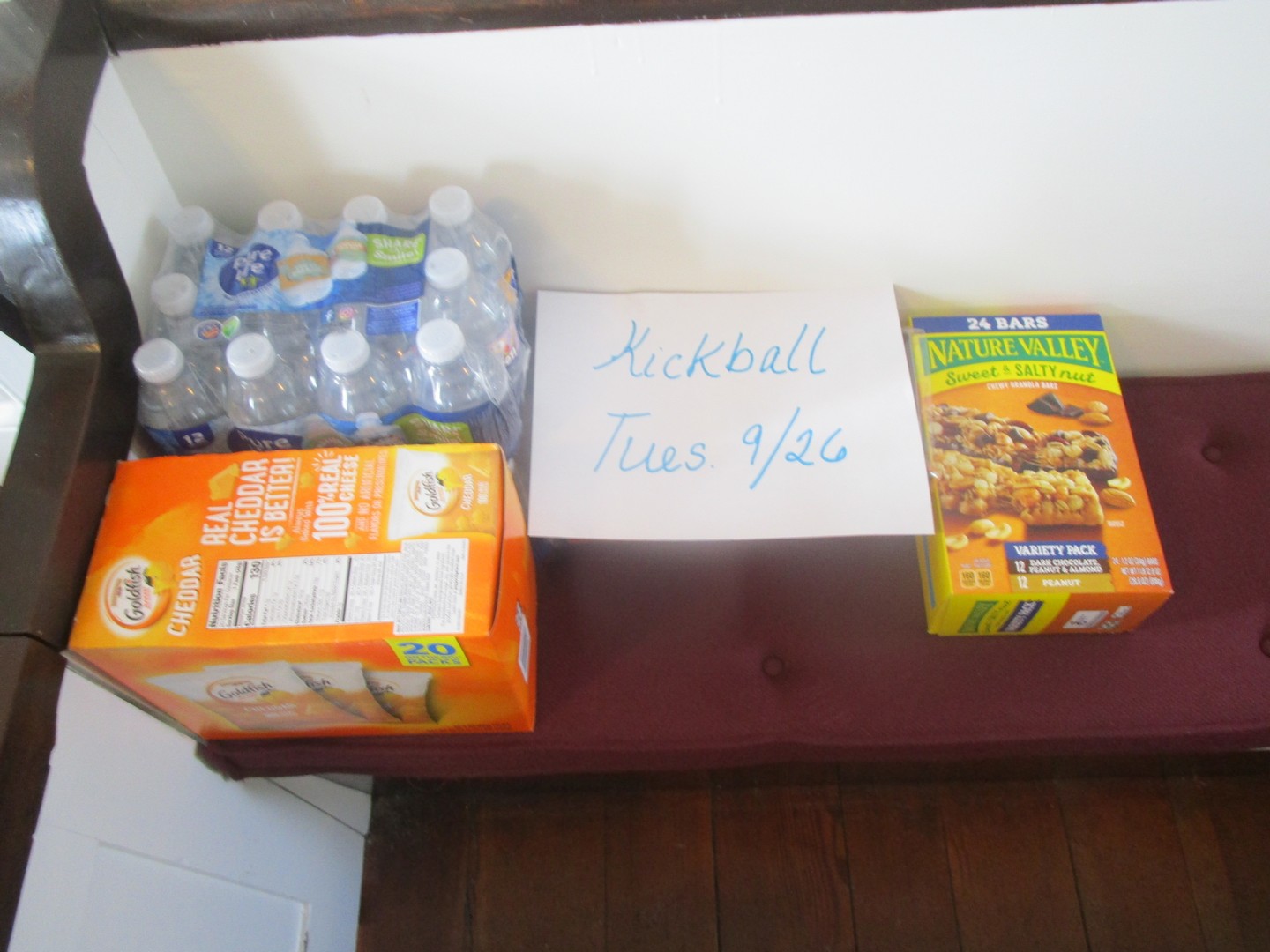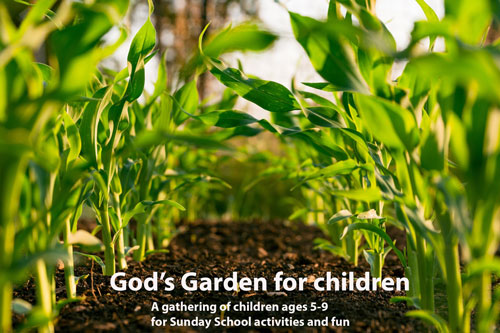I.Theme – Forgiveness, the basis for reconciliation.

"The Unforgiving Servant – 1973. Jesus MAFA. JESUS MAFA is a response to the New Testament readings from the Lectionary by a Christian community in Cameroon, Africa. Each of the readings were selected and adapted to dramatic interpretation by the community members
The lectionary readings are here or individually:
Old Testament – Genesis 50:15-21
Psalm – Psalm 103:(1-7), 8-13 Page 733, BCP
Epistle –Romans 14:1-12
Gospel – Matthew 18:21-35
There are two interwoven themes:
•The power and importance of story and the role of story in developing identity
•The recurring Biblical theme of forgiveness and the related theme of resisting our tendency to judgment.
Both themes have intertwined in and through them God’s presence, always available and always working in and through the life of an individual and the life of a group of people.
The other connecting thread is that of healing or becoming whole as Christians. This way of looking at healing embraces both our formation as Christians, the building up of our identity in faith; and challenges us to allow ourselves to be reformed through forgiveness.
Genesis looks at forgiveness from the victim. The Gospel looking at forgiveness in terms of grace.
The story of Joseph in Genesis 50: 15-21 describes a very human situation with which most of us can identify. It deals with guilt of Joseph’s brothers in their treatment of him, selling him into slavery. Joseph father may have prevented Joseph from getting even. But now the father was dead That thought of getting even consumed them, even more than the loss of their father. They tell Joseph that Jacob’s dying wish was that he forgive them. We do not know if that is true. At least, it shows how desperate they were to use every device they knew to persuade Joseph to forgive.
The family that has known disruption, favoritism, hostility, and deceit all through the book of Genesis may finally get its act together. There is hope for reconciliation after this forgiveness. One marvels at the graciousness of Joseph who is actually able to forgive after all of this.
As a response to the first lesson from Genesis 50, these verses from Psalm 103 could provide hymn texts for Joseph and for Joseph’s brothers. Verses 1-7 would be the song of pious Joseph who suffered deep wrong at the hands of his envious brothers and had ample reason to question God’s sovereignty
Instead, the singer remembers "all God’s benefits": forgiveness of sin (pride for Joseph), deliverance from the grave (the pit and then slavery); crowing with mercy (not to mention the literal "crown" of Pharaoh); and vindication — to the point that Joseph can find God’s hand at work in the evil deeds of his brothers.
Verses 8-13 would be the song of Joseph’s thankful brothers when they hear Joseph’s words of pardon. Joseph’s forgiveness bears witness to the God who is full of compassion and slow to anger and who does not deal with us according to our sins or repay us according to our iniquities. And as Joseph draws his father and brothers west toward Egypt, the memory of their sins is blown as far to the east as can be imagined.
Romans gives some practical examples of forgiveness of others and ourselves. Here it is more of a group conflict. Differences in lifestyle, however, were the attitudes that were dividing the church. Paul’s commands toward both groups make it pretty clear that the "strong" were despising the "weak," while the "weak" were judging or condemning the "strong. God judges; we shouldn’t. Each Christian is answerable to “the Lord” and should not be criticized.
Paul’s goal for the church is presented in his benediction in Romans 15:5-6, that instead of using our words to despise or judge others in our fellowship, we glorify the God and Father of our Lord Jesus Christ "with one voice!"
The Matthew story is all about forgiveness from the perspective of those who give it. Jesus sets before us an ideal, namely that we be forgiving as God is forgiving. Yet, at the same time we are reminded that the greatest in the kingdom of heaven is not the good person who is good at forgiving, but the sinner whose sin is forgiven.
This is the story of the unmerciful servant. The king forgives a servant who owes him more than could be repaid in a lifetime. However, in turn the servant fails to forgive other who owes much less to the servant. He fails to imitate the forgiveness of the king. When the king hears about this, he retracts his forgiveness and has the first slave tortured – probably for ever.
Two key thoughts.
1. Forgiveness in this parable is both an extravagant and a precious thing.
2. Forgiveness in the Gospel of Matthew is not only relational it is reciprocal and reliant. When teaching his disciples to pray Jesus would have us say, "Forgive us our debts as we also have forgiven our debtors" (Matthew 6:12). It is a change in attitude. Members of the community must treat one another as God has treated each of them. However, it does not mean that the sin involved is forgotten or overlooked.
Read more







